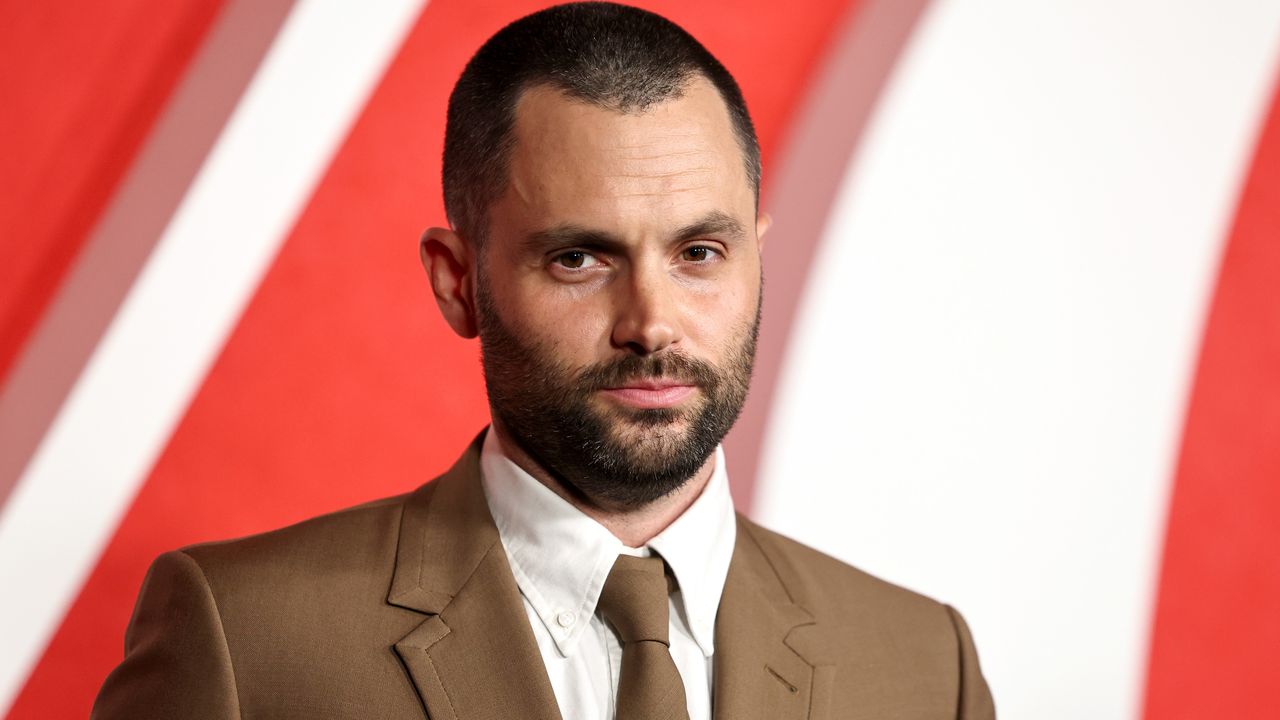Penn Badgley, known for his roles in ‘Gossip Girl’ and ‘You,’ is not only a talented actor but also an avid reader. In a recent interview, Badgley shared six books that have profoundly impacted his life, offering a glimpse into the literary influences that have shaped his perspectives. This article delves into these essential reads, exploring how they have contributed to his personal and intellectual growth. From childhood favorites to transformative non-fiction, discover the books that Badgley recommends for anyone seeking insight and inspiration.
These books range from childhood fantasy to profound explorations of social and spiritual themes. Each selection offers a unique lens through which Badgley views the world, and together, they provide a comprehensive picture of his intellectual journey. Whether you’re a fan of Badgley’s work or simply a lover of literature, this list is sure to offer some valuable recommendations. Join us as we explore the books that have made a lasting impression on Penn Badgley.
Thief of Always by Clive Barker
Penn Badgley fondly recalls reading Clive Barker’s ‘Thief of Always’ at a young age, around nine or ten. This book introduced him to mystery, awe, and wonder, and also, perhaps inadvertently, to the concept of existential dread. Barker’s storytelling prowess created an intense and strange world that deeply resonated with the young Badgley. It was a formative experience that ignited his passion for reading and exploring complex themes.
The book’s ability to instill a sense of dread, although not Badgley’s favorite emotion when reading or watching something, had a profound impact. He acknowledges that ‘Thief of Always’ masterfully introduces the reader to the unsettling nature of horror, making it a memorable and influential read. This early encounter with existential themes may have subtly shaped his later philosophical and spiritual explorations.
Calvin and Hobbes by Bill Watterson
Bill Watterson’s ‘Calvin and Hobbes’ holds a special place in Penn Badgley’s heart as his first formative experience with literate humor. He appreciates the comic strip’s brilliance, wisdom, and subtle cleverness. As a parent, Badgley now recognizes how accurately Watterson captures the essence of childhood. The nuanced portrayal of Calvin’s imagination and underlying loneliness adds layers of depth to the seemingly lighthearted comic.
Watterson’s reverent depiction of the natural world, combined with Calvin’s irreverence, creates a unique dynamic that elevates the strip beyond simple humor. Badgley notes that revisiting ‘Calvin and Hobbes’ as an adult has given him a newfound appreciation for its artistry and the poignant themes it explores. The comic’s ability to evoke both laughter and introspection speaks to its enduring appeal and literary merit.
Leopold’s Ghost by Adam Hochschild
Adam Hochschild’s ‘Leopold’s Ghost’ marked a significant turning point in Penn Badgley’s reading habits. Reading this non-fiction work, detailing the horrors of the slave trade in the Congo, left him with a profound sense of disillusionment. The book’s unflinching portrayal of systemic evil prompted Badgley to question the value of fiction and seek out works that felt more rooted in truth. It ignited a period of intense political, moral, and spiritual exploration.
The impact of ‘Leopold’s Ghost’ was so profound that Badgley felt no fictional work could strike as deeply or resonate as truthfully. This book served as a catalyst for a transformative journey that eventually led him to embrace the Baha’i faith. While other events, such as the BP oil spill and the Arab Spring, contributed to his awakening, ‘Leopold’s Ghost’ remains a pivotal marker in his path toward a different way of life.
The Fire Next Time by James Baldwin
James Baldwin’s ‘The Fire Next Time’ left a lasting impression on Penn Badgley due to its spiritual and humane approach to discussing the Black experience. Baldwin’s powerful writing helped Badgley feel the social construct of race and understand its disturbing implications. This book prompted him to reflect on the superficiality of racial divisions and the urgent need for change, particularly in the United States.
Baldwin’s ability to convey the Black experience in a way that is both accessible and profound makes ‘The Fire Next Time’ a unique and essential read. Badgley appreciates Baldwin’s spiritual perspective, which elevates the discussion beyond mere social commentary. This book remains a vital resource for understanding race relations and the importance of humanity in addressing complex social issues.
Parable of the Sower by Octavia E. Butler
Octavia E. Butler’s ‘Parable of the Sower’ stands out as one of the few fictional works that Penn Badgley could fully engage with during his period of disillusionment with fiction. He attributes this to Butler’s grounded storytelling and her unique perspective as a Black woman. The novel’s post-apocalyptic world-building feels authentic and deeply rooted in truth, avoiding the cynical and hopeless visions often found in speculative fiction.
The protagonist, Lauren Olamina, embodies radical hope grounded in both faith and reason, even in the face of a disintegrating world. This blend of realism and optimism resonated with Badgley, making ‘Parable of the Sower’ a compelling and thought-provoking read. Butler’s genius lies in her ability to create a believable and transformative vision of the future, offering a powerful message of resilience and hope.
Penn Badgley’s reading list offers a diverse range of influences, from childhood favorites to transformative non-fiction. Each book has played a role in shaping his perspectives and values, providing insights into his intellectual and spiritual journey. These six books not only offer valuable reading recommendations but also provide a glimpse into the mind of an actor who values knowledge, truth, and human connection.
Whether you’re drawn to the imaginative worlds of Clive Barker and Bill Watterson, the profound social commentary of Adam Hochschild and James Baldwin, or the spiritual insights of Bahá’u’lláh and Octavia E. Butler, there is something for every reader on this list. Take a page from Penn Badgley’s book and embark on a literary journey that promises to inspire, challenge, and transform your understanding of the world.

Leave a Reply